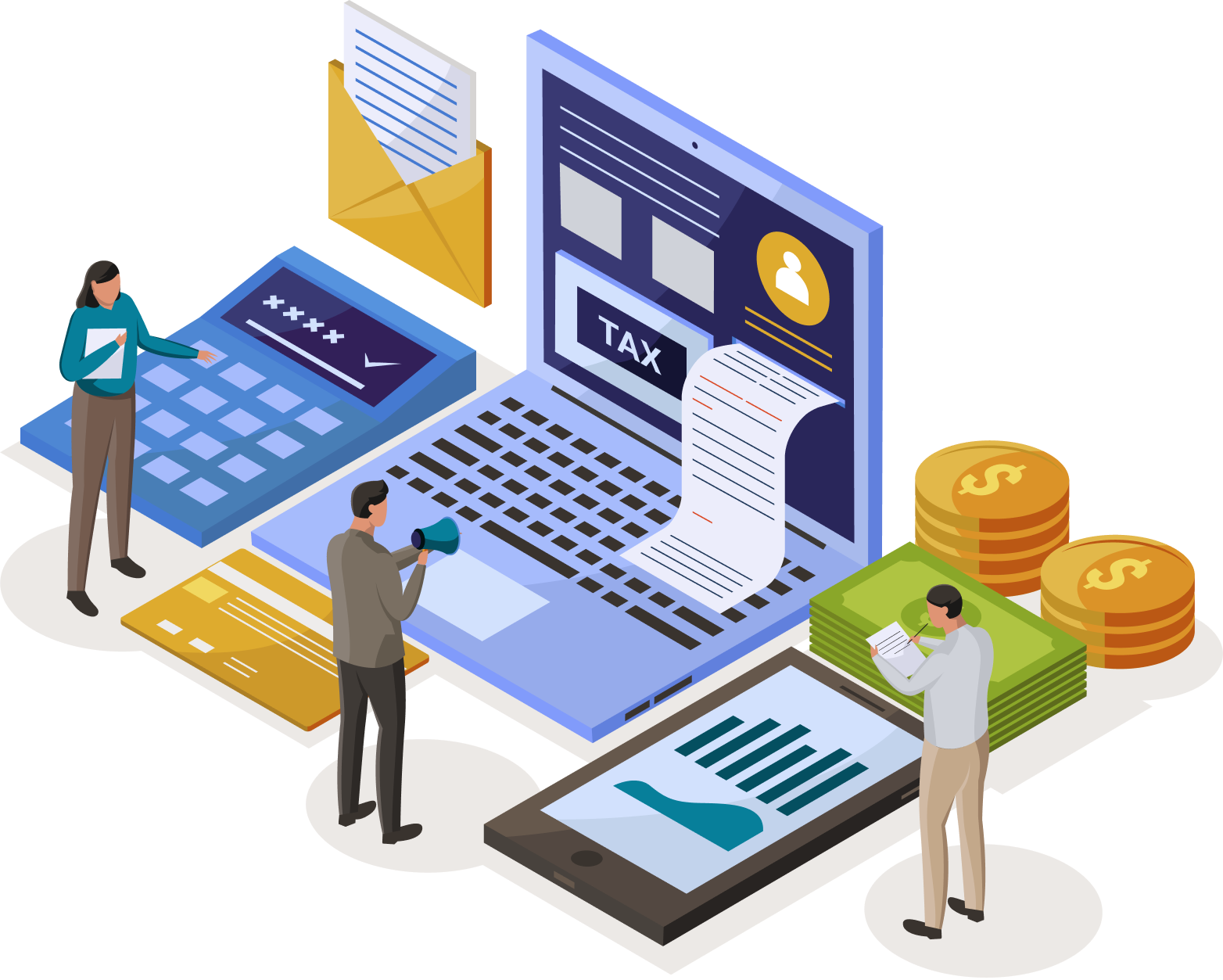As the new financial year rolls in, tax planning becomes a top priority for both individuals and small business owners. Whether you’re a salaried employee, a freelancer, or running your own venture, understanding your tax obligations — and how to reduce them legally — can save you a lot of money and stress.
1. Understand Your Tax Bracket
The first step in smart tax planning is knowing which income slab you fall under. Governments revise tax slabs periodically, and it’s essential to stay updated with the latest rates and exemptions applicable in 2025. Individuals and businesses should review both old and new tax regimes (if applicable) and calculate which one offers better benefits..

2. Maximize Deductions
Tax deductions are legal ways to reduce your taxable income. Here are a few common ones:
- Individuals: Utilize deductions under Section 80C (for investments in ELSS, PPF, life insurance, etc.), 80D (medical insurance), and home loan interest under Section 24(b).
- Businesses: Deduct expenses related to office rent, utilities, employee salaries, and depreciation of assets.
Keep track of every receipt and financial document — they could mean significant savings.
3. Invest Wisely for Tax Benefits
Some investment options not only help grow your wealth but also reduce your tax liability:
- Equity-Linked Saving Scheme (ELSS)
- National Pension Scheme (NPS)
- Public Provident Fund (PPF)
- Tax-saving Fixed Deposits
Choose options that align with your risk appetite and financial goals.
4. Maintain Proper Records
Poor record-keeping often leads to missed deductions or non-compliance. Use accounting software or hire a bookkeeper to maintain clean, audit-ready records — especially if you’re self-employed or run a business.
5. Plan Capital Gains
Selling property, stocks, or mutual funds? These generate capital gains, which are taxable. However, you can optimize the tax impact by:
- Timing the sale (long-term vs short-term gains)
- Reinvesting proceeds in tax-exempt bonds or property
- Using carry-forward losses to offset gains
6. Consider Hiring a Tax Consultant
A professional tax advisor can analyze your unique financial situation and offer customized strategies. For businesses, they can also assist with GST compliance, payroll taxation, and financial reporting.
7. Stay Updated on Tax Law Changes
Tax rules change frequently. New deductions, limits, or reforms can make a significant impact on your strategy. Subscribing to financial newsletters or consulting an expert can keep you ahead of the curve.
Conclusion
Good tax planning isn’t about last-minute scrambling before deadlines — it’s about being proactive, informed, and organized throughout the year. Whether you’re filing as an individual or for your business, following the right tax-saving strategies can help you retain more of your hard-earned money in 2025.



